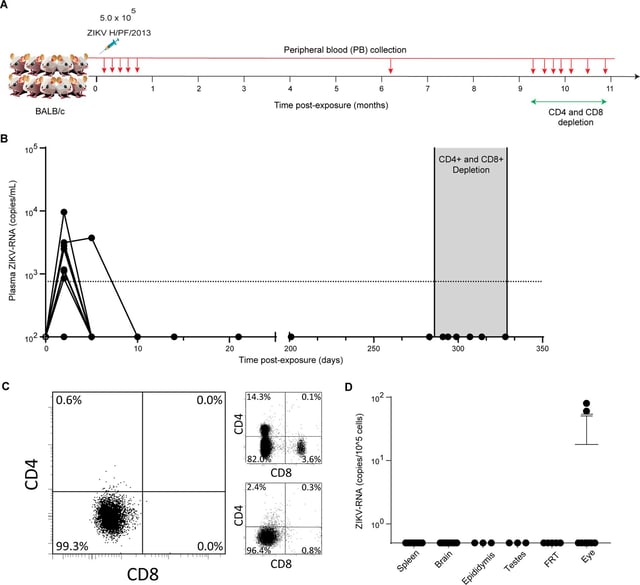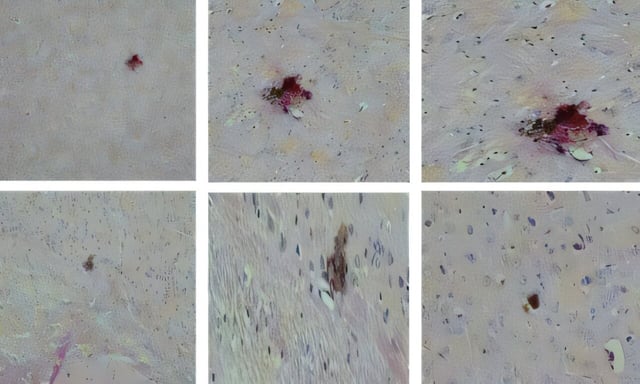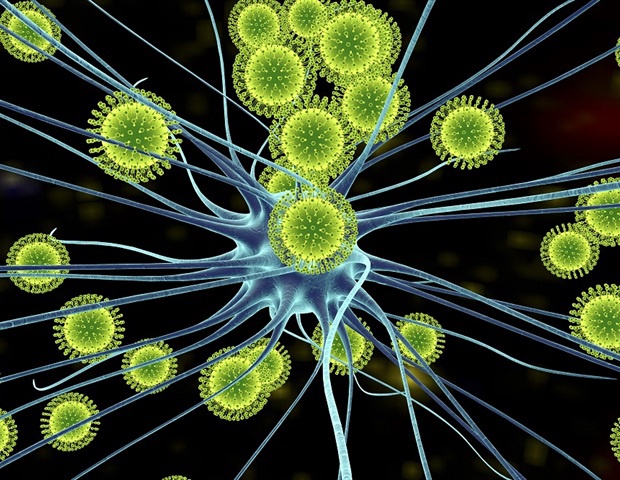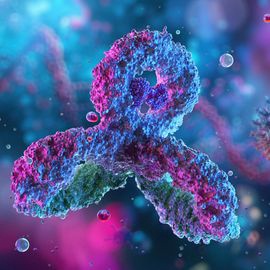Overview
- UAB researchers report that a single pre-exposure dose of the C10 (EDE1) monoclonal antibody suppressed Zika replication and prevented viral shedding in saliva and reproductive secretions in a preclinical model.
- The antibody lowered viral loads in brain, eyes, and male and female reproductive tissues and improved survival, according to findings published in the Journal of Virology.
- The same study found the antiviral compound DFMA (7-deaza-2'-C-methyladenosine) significantly reduced viremia and extended survival in the model.
- A separate IMT-FM-USP team in Brazil showed a QβVLP-based vaccine displaying the Zika EDIII antigen induced neutralizing antibodies and protected mice from brain inflammation and testicular damage, as reported in npj Vaccines.
- Authors emphasize that no Zika treatments are approved and that these results remain early-stage, requiring further safety evaluation, ADE assessment, and clinical trials before any potential human use.



